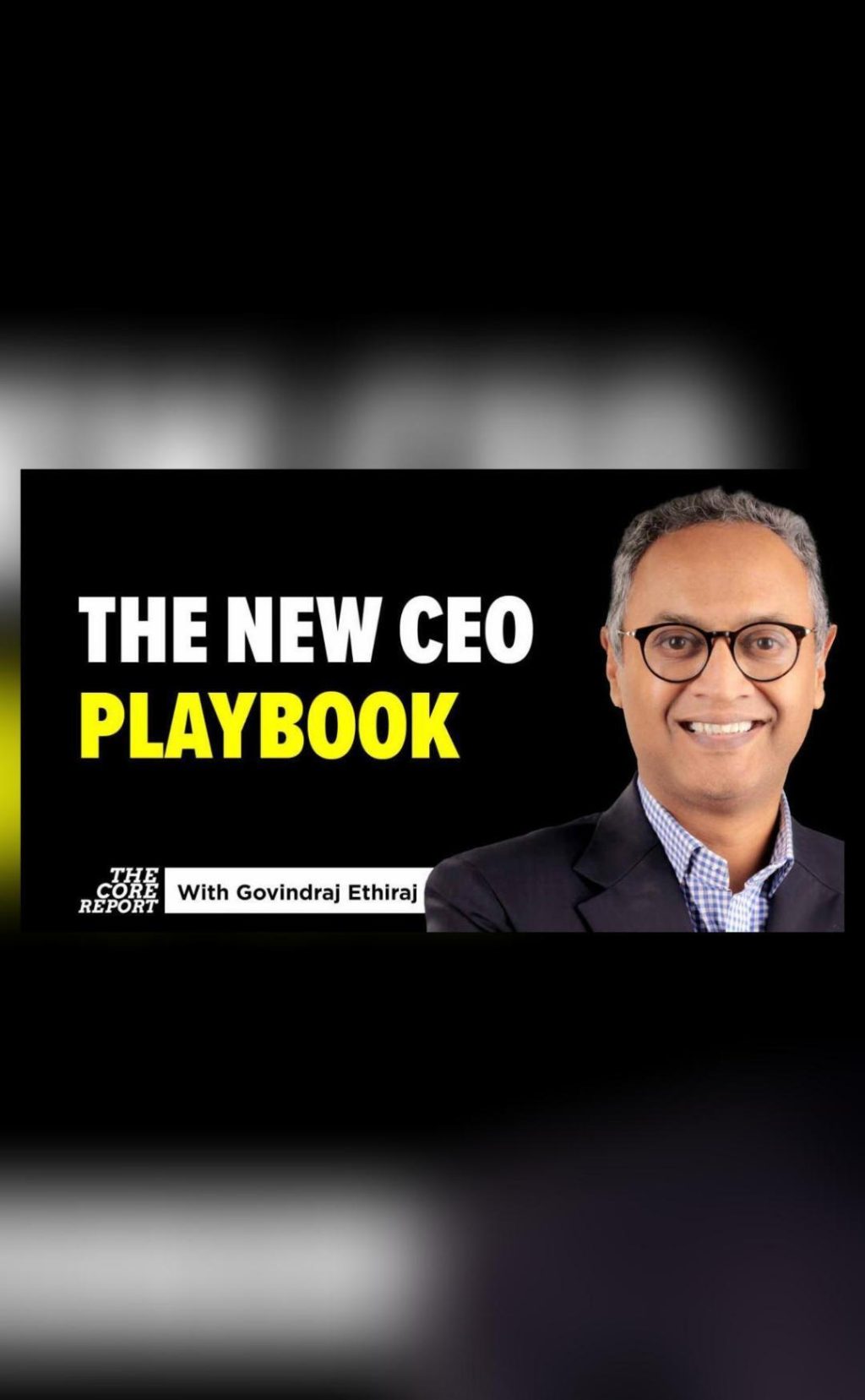
The New CEO Playbook: AI Pressures & Global Tariff Shocks
As we enter the 2020s, the world’s top CEOs are facing an unprecedented set of challenges. The rapid advancement of Artificial Intelligence (AI) is reshaping industries, while global tariff shocks are disrupting trade patterns. The result is a perfect storm of internal and external pressures that are forcing business leaders to rethink their strategy and operations.
In this blog post, we’ll explore the key issues facing CEOs today and provide a playbook for navigating these treacherous waters.
AI Pressures
The impact of AI on businesses is undeniable. From automating routine tasks to transforming entire industries, AI is revolutionizing the way companies operate. However, this transformation comes with its own set of challenges.
For CEOs, the pressure to adopt AI is intense. According to a recent survey by Harvard Business Review, 83% of CEOs believe that AI will play a significant role in their company’s future success. Yet, only 10% have a clear plan in place for implementing AI.
The stakes are high. Companies that fail to adopt AI risk being left behind by competitors who are already harnessing its power. On the other hand, those that successfully implement AI can gain a significant competitive advantage.
So, what are the key challenges facing CEOs as they navigate the AI landscape?
- Resistance to Change: Many employees resist changes brought about by AI, fearing job losses or disruptions to their workflow.
- Lack of Skills: The skills required to implement and maintain AI systems are in short supply, making it difficult for CEOs to find the right talent.
- Data Quality: The quality of data used to train AI models is critical, but many companies struggle to collect and maintain high-quality data.
- Regulatory Uncertainty: The regulatory landscape surrounding AI is still evolving, leaving CEOs uncertain about how to navigate the challenges and opportunities.
Global Tariff Shocks
The impact of global tariff shocks on businesses cannot be overstated. The ongoing trade war between the US and China, as well as the UK’s departure from the EU, have created a climate of uncertainty and volatility.
For CEOs, the pressure to adapt to these changes is intense. Companies that are unable to navigate the complex web of tariffs and trade agreements risk being caught off guard by unexpected changes in the market.
So, what are the key challenges facing CEOs as they navigate the global tariff landscape?
- Supply Chain Disruptions: Tariffs can disrupt supply chains, making it difficult for companies to maintain production levels and meet customer demand.
- Inflation: Tariffs can lead to inflation, which can erode profit margins and make it difficult for companies to invest in the future.
- Market Volatility: Tariffs can create market volatility, making it difficult for companies to predict future demand and plan accordingly.
- Regulatory Uncertainty: The regulatory landscape surrounding trade is still evolving, leaving CEOs uncertain about how to navigate the challenges and opportunities.
The New CEO Playbook
In the face of these challenges, what can CEOs do to stay ahead of the curve?
- Localise: Companies must localize their operations to adapt to changing trade patterns and tariffs.
- Adapt: CEOs must be prepared to adapt their business models to respond to changing market conditions.
- Innovate: Companies must invest in innovation to stay ahead of the competition and capitalize on new opportunities.
- Rethink: CEOs must be prepared to rethink their entire business model to respond to the new realities of the global economy.
Conclusion
The challenges facing CEOs in today’s world are unprecedented. The impact of AI on industries and the disruption caused by global tariff shocks require business leaders to think outside the box and adapt to changing circumstances.
By localizing, adapting, innovating, and rethinking their business models, CEOs can stay ahead of the curve and position their companies for success in the years to come.
Watch the video for more insights:






